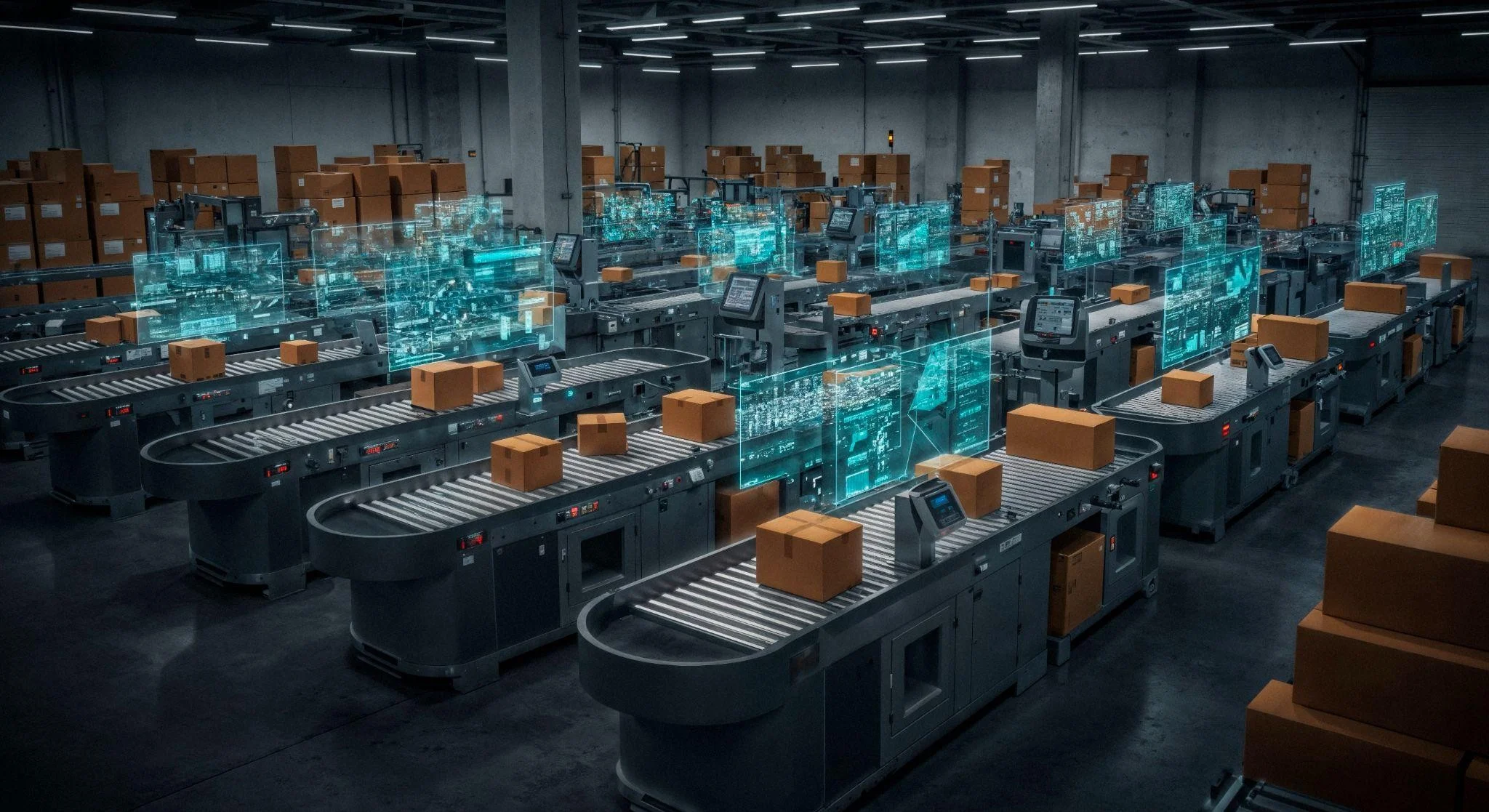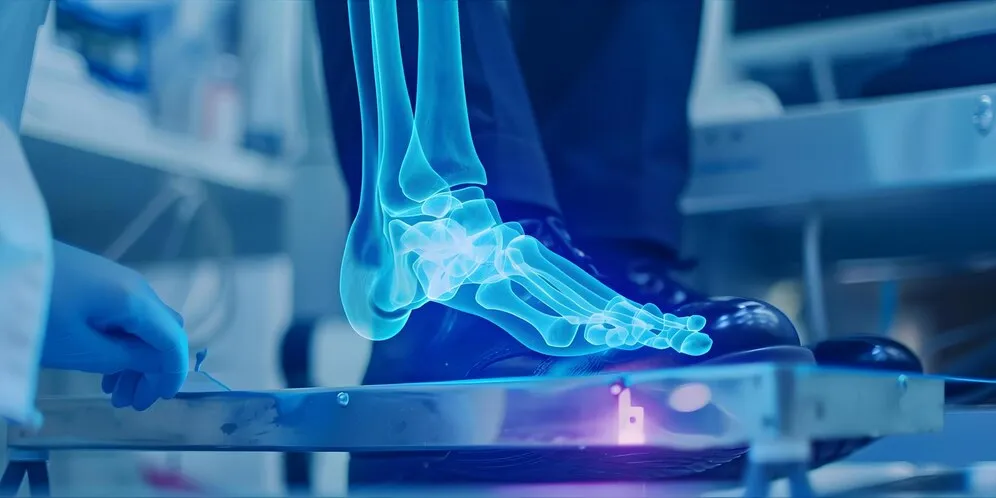Transforming Manufacturing with IIoT
Author: Inza Khan
16 September, 2024
As factories evolve into smart manufacturing facilities, Industrial Internet of Things (IIoT) applications are becoming increasingly crucial. This blog explores the reasons why the manufacturing industry needs to embrace IIoT technology and how it can transform operations.

Understanding IIoT
The Industrial Internet of Things (IIoT) is an extension of the Internet of Things (IoT) tailored specifically for industrial applications. It involves the interconnection of sensors, devices, and machinery within industrial environments to collect, analyze, and exchange data. IIoT builds upon the foundation of the consumer-oriented Internet of Things (IoT) but focuses specifically on industrial applications. It combines cutting-edge technologies such as machine-to-machine communication, big data analytics, artificial intelligence, and cloud computing to create smart, connected industrial environments. These environments can sense, analyze, and act on data in real-time, fundamentally transforming how manufacturing operations are conducted.
Key Characteristics of IIoT
Connectivity: IIoT systems rely on robust communication networks to connect devices and transmit data. This connectivity is crucial for real-time monitoring and control of industrial processes.
Data-Driven Insights: By collecting and analyzing data from various sources, IIoT enables predictive maintenance, quality control, and operational optimization.
Automation and Control: IIoT facilitates automation by allowing machines to communicate and operate collaboratively, reducing the need for manual intervention.
Why Does the Manufacturing Industry Need IIoT Applications?
1. Predictive Maintenance
One of the most significant benefits of IIoT in manufacturing is predictive maintenance. Traditional maintenance schedules often result in unnecessary downtime or unexpected breakdowns. IIoT applications can monitor equipment health in real-time, detect early signs of wear and tear, predict potential failures before they occur, and schedule maintenance only when necessary. This approach minimizes unplanned downtime, extends equipment lifespan, and reduces maintenance costs.
2. Quality Control and Product Traceability
IIoT applications play a crucial role in ensuring product quality and traceability throughout the manufacturing process. By implementing IIoT solutions, manufacturers can monitor production parameters in real-time, detect deviations from quality standards immediately, track products through the entire supply chain, and implement faster and more targeted recalls if necessary. These capabilities not only improve product quality but also enhance customer satisfaction and brand reputation.
3. Enhanced Operational Efficiency
IIoT applications enable real-time monitoring and data collection from various machines and processes on the factory floor. This constant stream of information allows manufacturers to identify bottlenecks and inefficiencies, optimize production schedules, reduce downtime through predictive maintenance, and improve overall equipment effectiveness (OEE). By leveraging IIoT sensors and analytics, manufacturers can make data-driven decisions to streamline operations and boost productivity.
4. Supply Chain Optimization
The manufacturing industry relies heavily on efficient supply chain management. IIoT applications can significantly improve supply chain visibility and coordination by providing real-time inventory tracking, optimizing warehouse management, enhancing logistics and transportation efficiency, and enabling better demand forecasting. With IIoT-enabled supply chain optimization, manufacturers can reduce costs, minimize stockouts, and improve overall operational agility.
5. Energy Management and Sustainability
As sustainability becomes increasingly important, IIoT applications offer manufacturers powerful tools for energy management and environmental monitoring. These solutions can track energy consumption in real-time, identify areas of high energy usage, optimize energy-intensive processes, and monitor and reduce carbon emissions. By leveraging IIoT for energy management, manufacturers can reduce costs and improve their environmental footprint.
6. Worker Safety and Productivity
IIoT applications can significantly enhance worker safety and productivity on the factory floor. Smart sensors and wearable devices can monitor environmental conditions for potential hazards, track worker movements to prevent accidents, provide real-time guidance and instructions, and analyze ergonomics to improve workplace comfort. These applications not only improve safety but also boost worker productivity and job satisfaction.
7. Data-Driven Decision Making
Perhaps the most transformative aspect of IIoT in manufacturing is its ability to enable data-driven decision making. By collecting and analyzing vast amounts of data, IIoT applications empower manufacturers to gain deeper insights into operations, identify trends and patterns, make more accurate forecasts, and respond quickly to changing market conditions. This data-centric approach allows for more agile and informed decision-making at all levels of the organization.
Conclusion
At Xorbix Technologies, we recognize the importance of IIoT applications in the manufacturing industry. Our expertise in technologies like connected devices, data analytics, and artificial intelligence allows us to help manufacturers improve their operations. Whether it’s optimizing your supply chain, implementing predictive maintenance, or enhancing quality control, Xorbix provides practical IoT solutions that prepare your business for success in a digital and data-driven environment.
Read more on related blogs:




